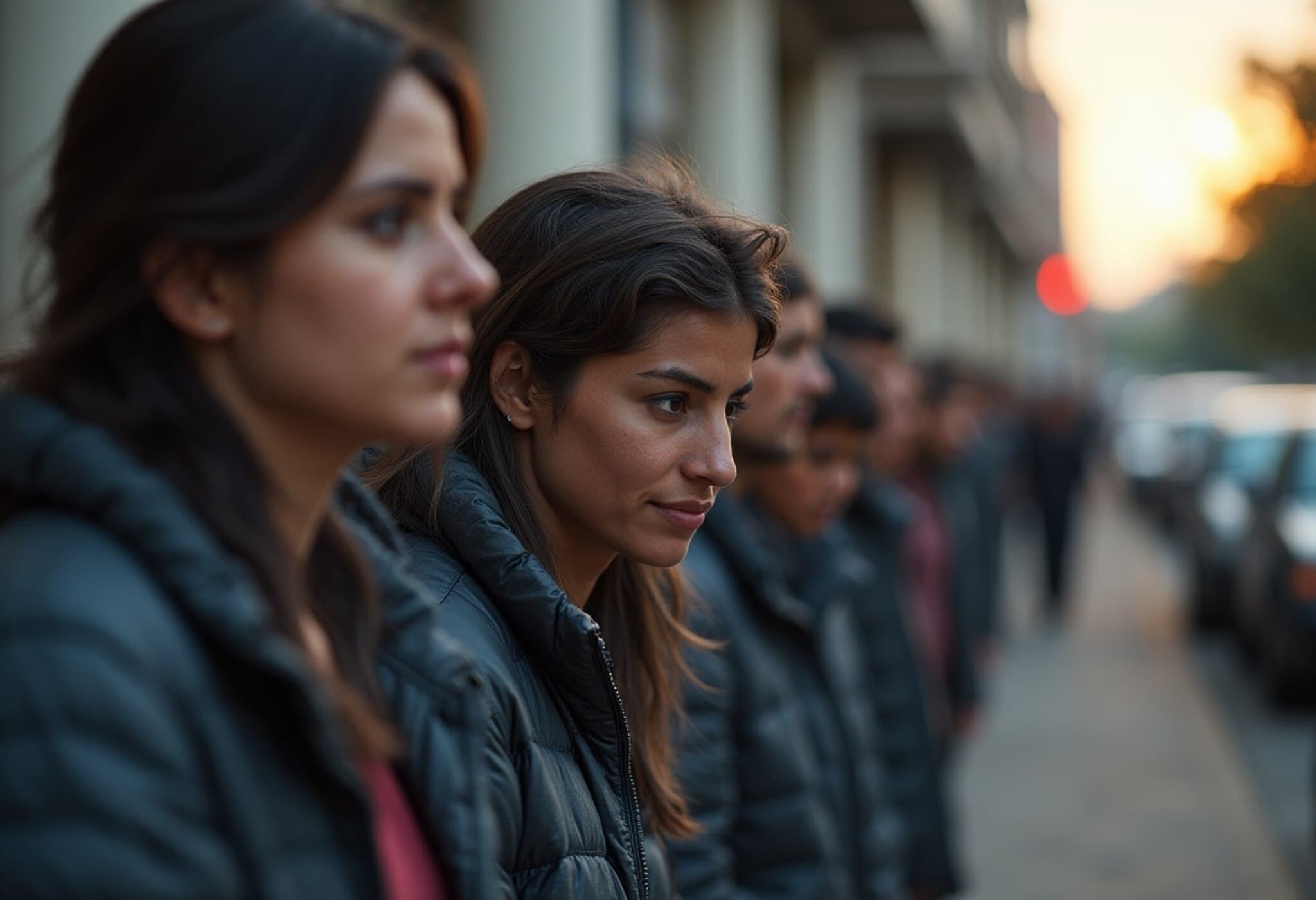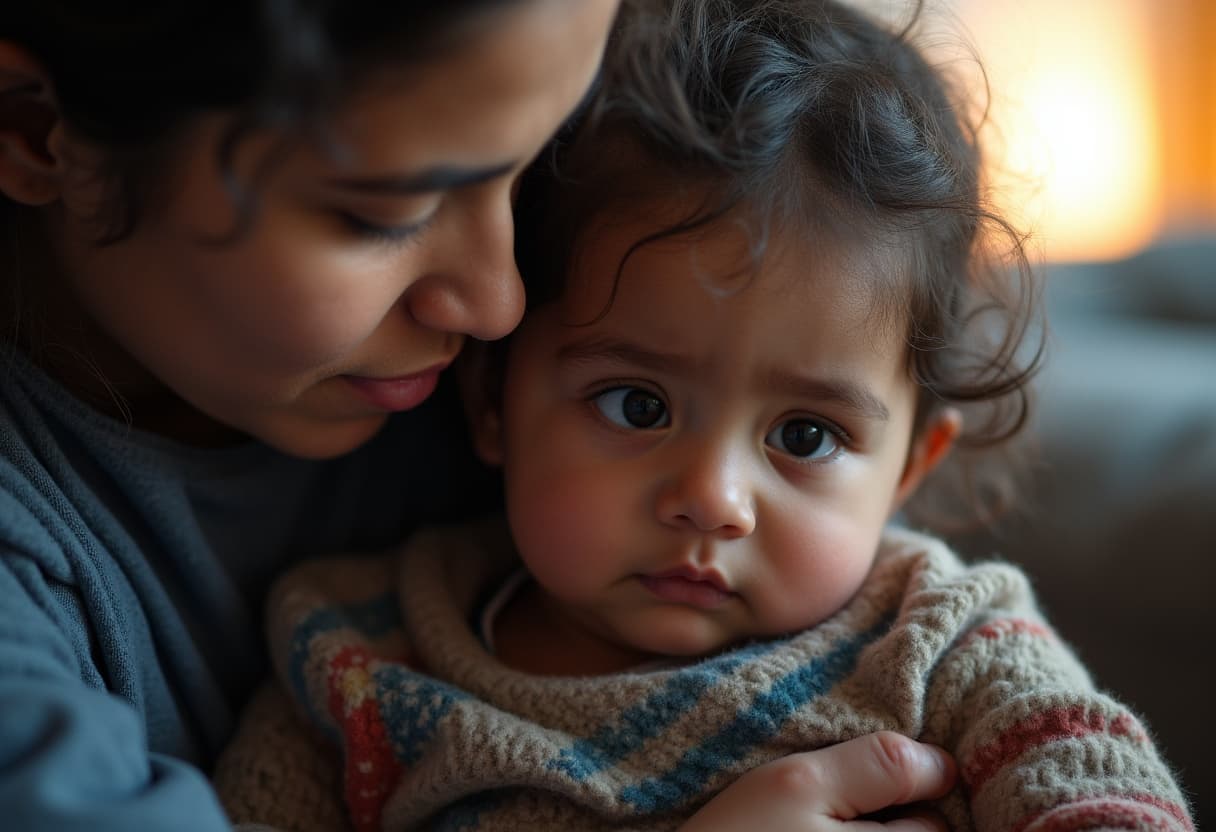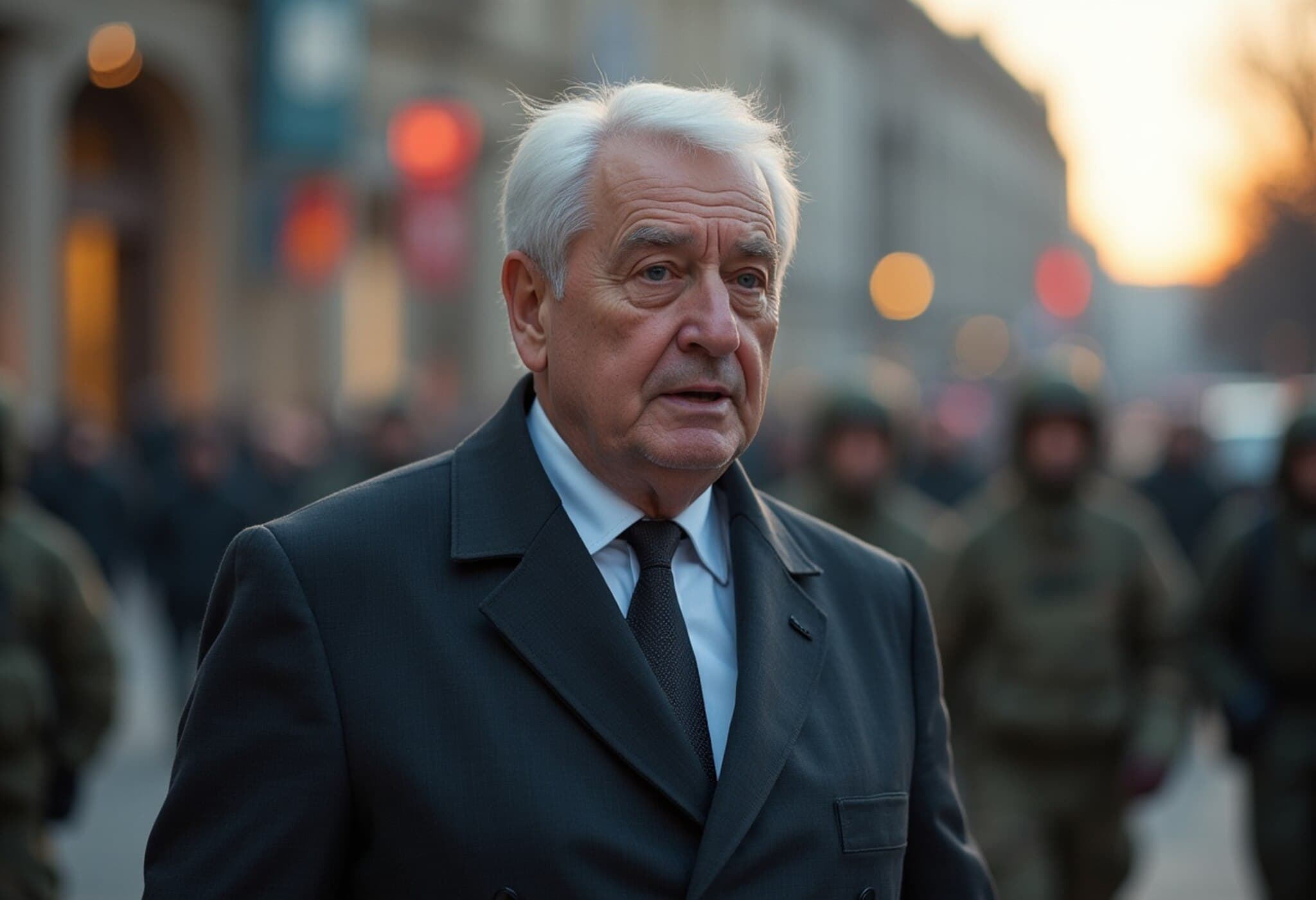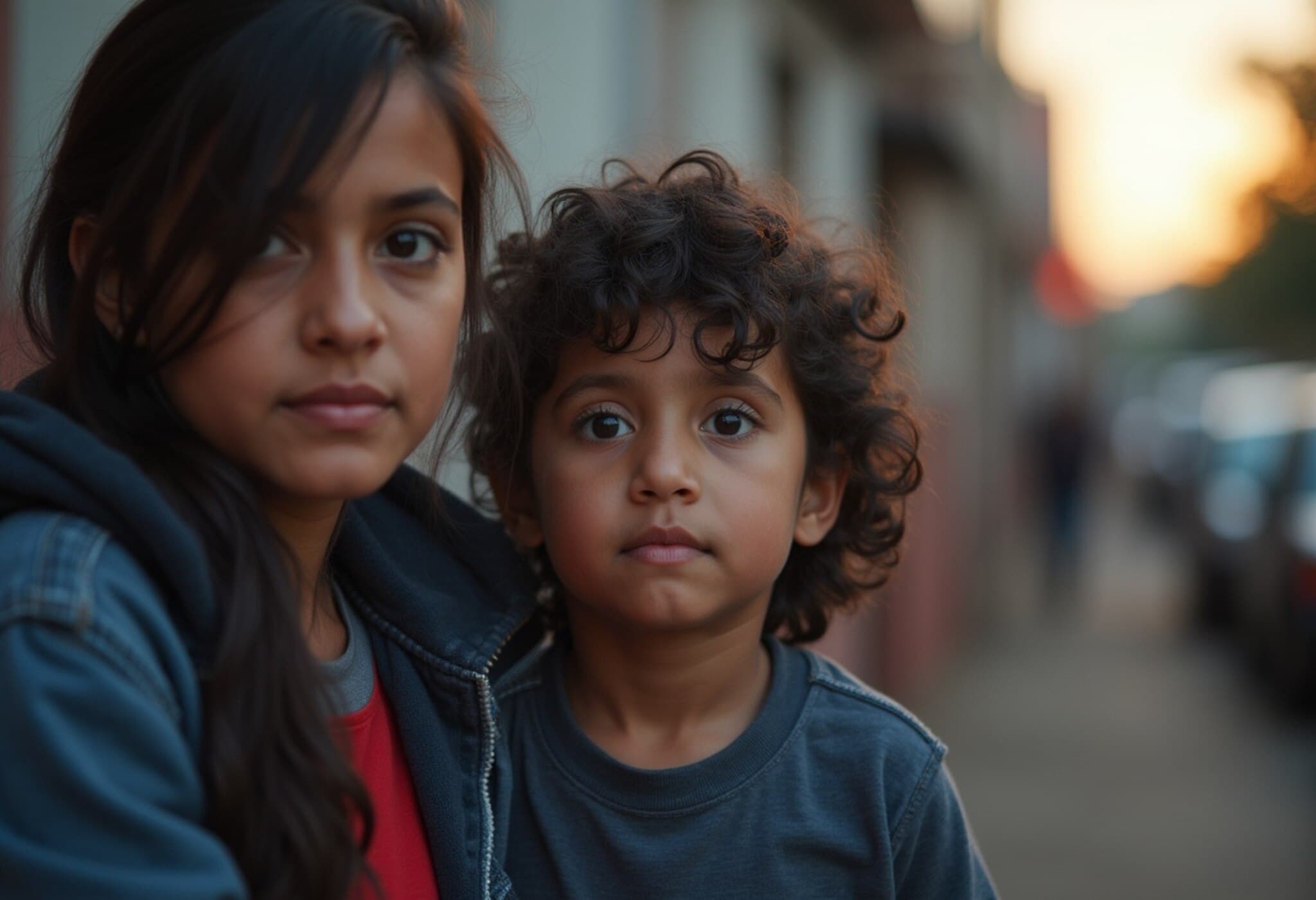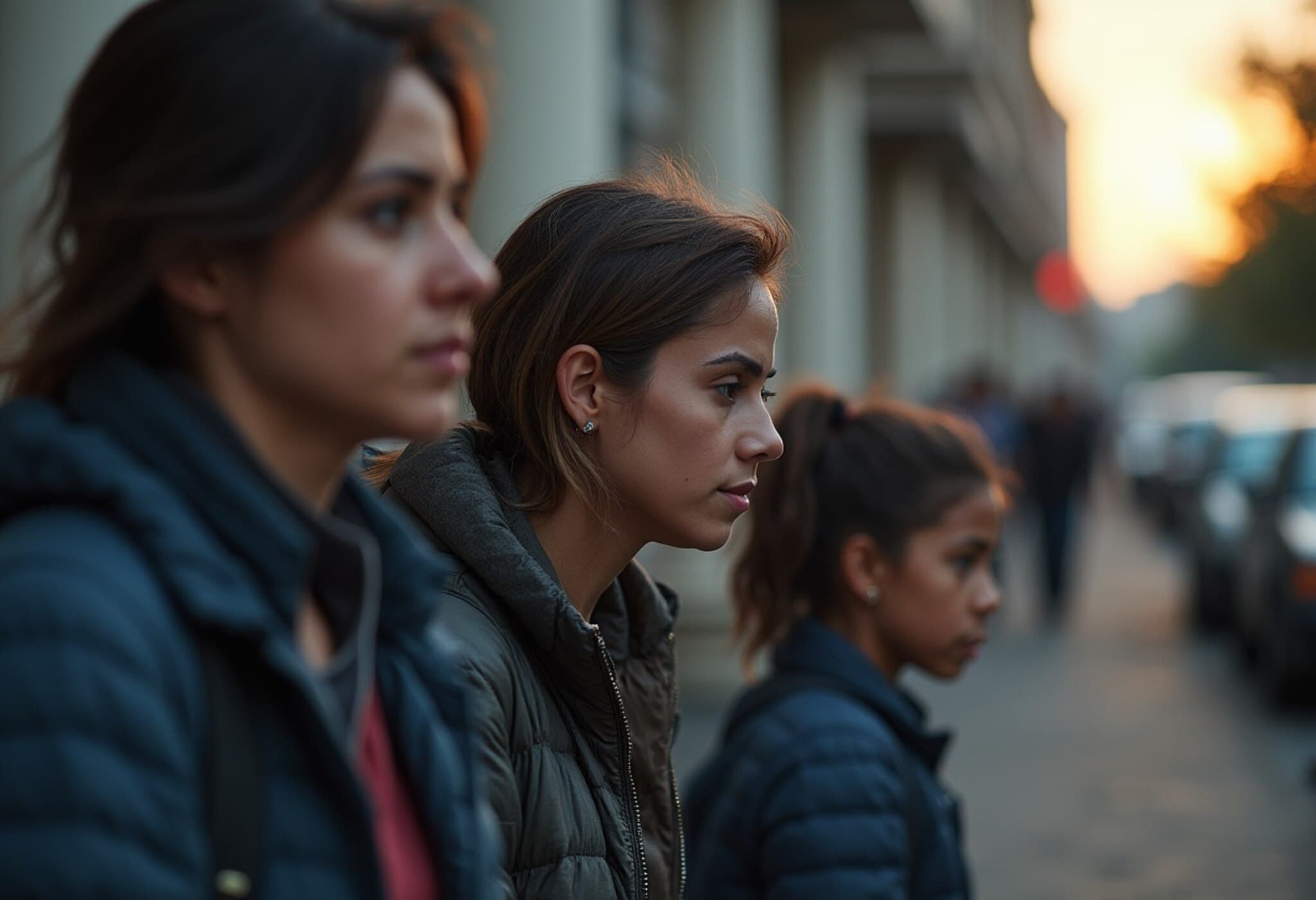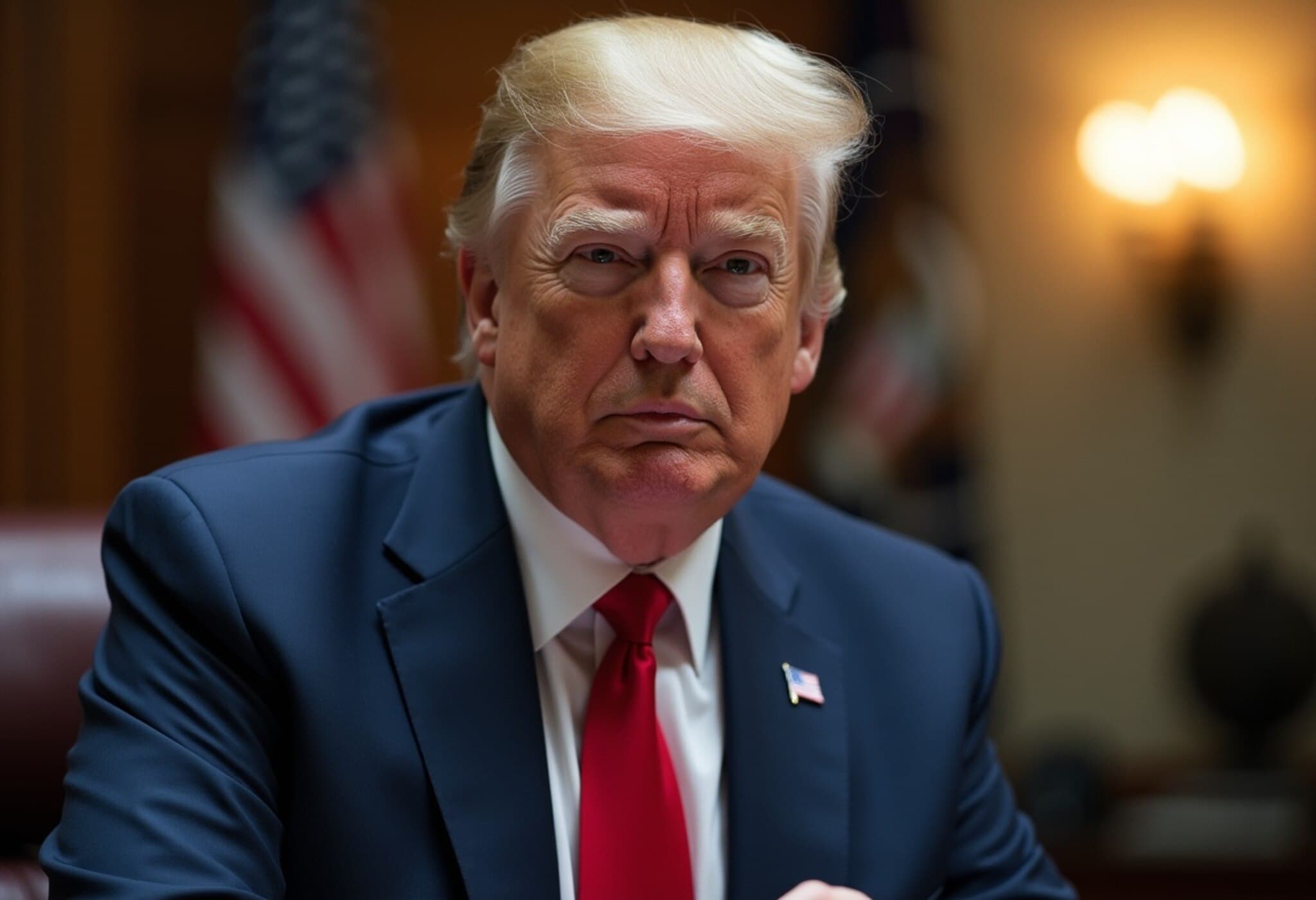Historic Prisoner Swap Brings Relief Amid Complex U.S.-Venezuela-El Salvador Tensions
In a significant diplomatic breakthrough on July 18, 2025, ten Americans and U.S. permanent residents detained in Venezuela were released in exchange for the freedom of more than 200 Venezuelan migrants imprisoned in El Salvador. This complex exchange marks a rare moment of cooperation amid longstanding tensions between the involved nations and underscores the human cost of geopolitical conflicts.
Background: Americans Detained Amid Venezuela’s Strategic Leverage
Since late 2024, the Venezuelan government under President Nicolás Maduro imprisoned foreigners, including U.S. citizens, as bargaining chips in negotiations with the United States. Among those held was Lucas Hunter, a dual U.S.-French citizen detained near the Colombia-Venezuela border during a kite surfing trip. His family, spearheaded by his sister Sophie Hunter, waged a persistent campaign for his release.
Other detainees, including veterans like Wilbert Castañeda—a U.S. Navy seal breacher believed to suffer from traumatic brain injuries—suffered harsh conditions. Reports from released prisoners detailed cement-cell confinement, physical abuse, and psychological torture, illustrating the dire human rights environment inside Venezuelan jails.
Trump Administration’s Controversial Migrant Policy Fuels Tensions
On the U.S. side, the Trump administration played a pivotal role by transferring around 250 Venezuelan migrants to a maximum-security prison in El Salvador earlier this year. Positioned as an effort to bolster national security, the administration accused many of belonging to the dangerous gang Tren de Aragua. However, an investigative report found concrete criminal allegations for only 32 detainees, while most had no criminal history beyond immigration violations.
Migrants and their families contested these charges vigorously, denouncing the deportations as extrajudicial and politically motivated. Families launched protests outside Salvadoran embassies and engaged the United Nations to press for their loved ones’ release, highlighting the human impact of international immigration policies.
Diplomatic Challenges and the Path to Resolution
Negotiations for the prisoner swap began by May but were complicated by inconsistent U.S. official offers, creating distrust from the Venezuelan government. The exchange finally materialized on July 18, reflecting painstaking diplomatic work to reconcile divergent agendas.
For President Maduro, the swap offered an opportunity to alleviate crushing economic sanctions, particularly on the vital oil sector, while simultaneously strengthening his position domestically by projecting a defender of Venezuelan citizens abroad. Conversely, the Trump administration reinforced its tough stance on immigration, using the detention of migrants as a symbol of effective enforcement.
Human Stories Amid Political Crossfire
- Families endure uncertainty and fear: Relatives like Jhoanna Sanguino, aunt to detainee Widmer Josneyder Agelviz, expressed a bittersweet mix of gratitude and frustration, citing the wrongful criminalization of innocent migrants.
- Veterans affected: Wilbert Castañeda's case highlights the challenges faced by former military personnel navigating immigration risks.
- Migrants’ legal status questioned: The use of emergency powers such as the U.S. Migrant Protection Protocols to detain migrants without transparent legal procedures raised serious legal and ethical questions.
Expert Insight: What This Exchange Means for U.S. Immigration and Foreign Policy
This prisoner swap shines a spotlight on the collision of immigration enforcement, diplomatic strategy, and human rights. It prompts critical reflection on policies that leverage vulnerable migrant populations in broader power struggles. Legal experts urge policymakers to consider the long-term implications of deportation strategies that may violate due process or exacerbate humanitarian crises.
Moreover, the deal underscores how geopolitical rivalries—like those between the U.S. and Venezuela—often exploit ordinary individuals as pawns. Moving forward, human rights advocates call for transparency, diplomatic engagement, and legal safeguards to prevent similar situations.
Editor’s Note
This landmark prisoner exchange reveals the intricate interplay between immigration policy, international diplomacy, and human rights. It raises pressing questions: How should nations balance security concerns with ethical treatment of migrants? What responsibilities do governments have when individuals become collateral in geopolitical conflicts? As the dust settles, the human stories at the core of this saga remind us that policies are not just statistics—they shape real lives, families, and futures.










